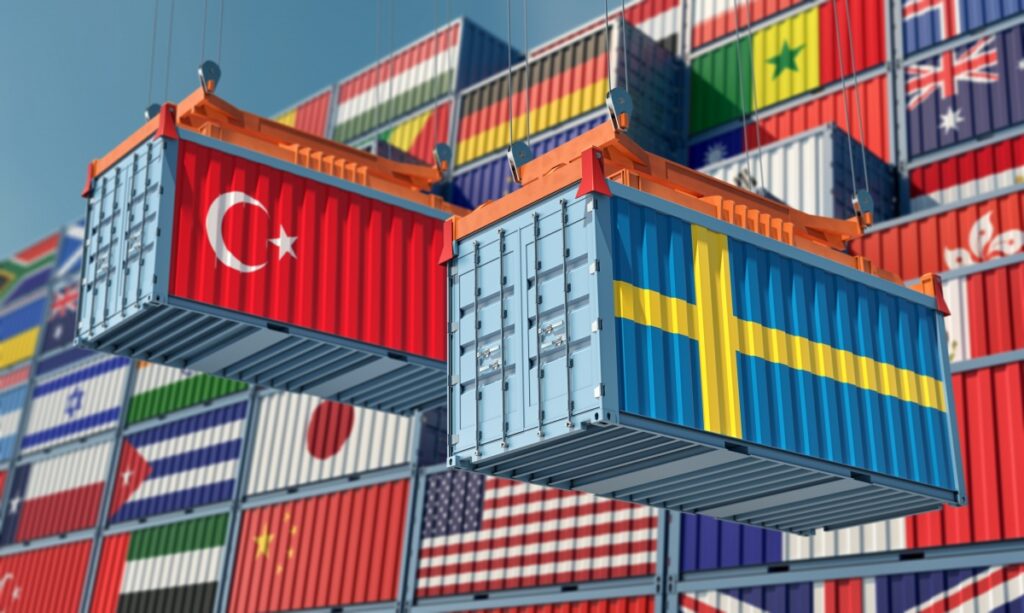Shipping from Türkiye to Europe
Shipping from Turkey to Europe is a common and well-established trade route due to Turkey’s strategic location bridging Europe and Asia. There are several options available for shipping goods from Turkey to various European countries, including the following:
Maritime Shipping:
Maritime transportation is a popular choice for shipping goods from Turkey to Europe. Turkey has several major seaports, such as Istanbul, Izmir, and Mersin, which serve as important gateways for international trade. Shipping companies and freight forwarders offer regular container services and Ro-Ro (roll-on/roll-off) services to major European ports, such as Rotterdam, Hamburg, Antwerp, and Genoa.
Land Transportation:
Turkey has land borders with European countries like Greece, Bulgaria, and the Republic of North Macedonia. Road transport is often used for shipping goods across these borders. Trucking companies and logistics providers offer road transportation services, allowing for efficient and timely delivery of goods to various European destinations.
Air Freight:
When time is of the essence, air freight is a viable option for shipping goods from Turkey to Europe. Turkey has several international airports, including Istanbul Atatürk Airport and Istanbul Airport, which serve as important cargo hubs. Various airlines and logistics companies offer air freight services, ensuring fast and reliable transportation of goods to European destinations.
Intermodal Transportation:
Intermodal transportation combines different modes of transport, such as rail, road, and sea, to optimize the shipping process. For example, goods can be transported by truck from Turkey to a European port and then loaded onto a container ship for further transportation. Intermodal transport offers flexibility and cost-effectiveness for shipping goods between Turkey and Europe.
When shipping goods from Turkey to Europe, it is important to consider factors such as the nature of the goods, shipping costs, transit times, customs regulations, and necessary documentation. It is advisable to work with experienced freight forwarders or shipping agents who can provide guidance and handle the logistics involved in the shipping process.







sani
Nice Work 🙂